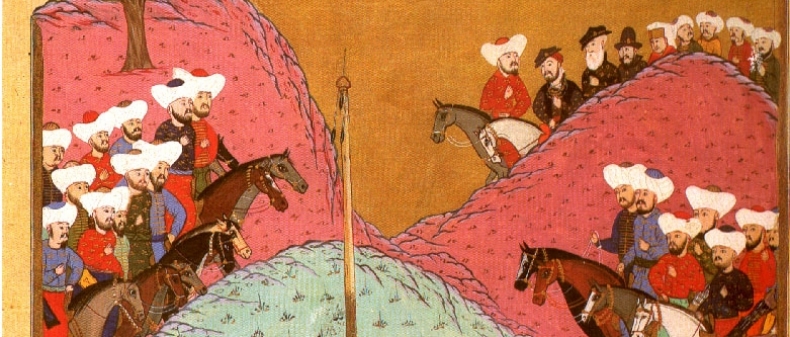
There are political and societal benefits to not being able to judge an eReader by its cover. Here in Toronto, you can read inconspicuously so that the entire University line doesn’t know you’re a middle-aged businessman 60 pages deep in Fifty Shades of Grey. In a conservative-though-quite-liberal country where few texts are banned, an e-reader allows the preservation of pride and fends off the embarrassment of reading guilty pleasure literature. Here, it allows people to read religious texts easily and without consequence. But in countries with strict rulings where reading books opposing religion or suggesting alternative viewpoints is a crime, an e-reader provides safety.
Recently I was reading comments on an article filled with quotes by Christopher Hitchens, the late American journalist known for, among many other things, his stance against religion. One commenter said, “Wish I could have another book by Hitch. Hard to see any here in Nigeria, I was lucky to get the God Is Not Great at a Humanist Convention months ago.” To which another commenter responded, “Do you listen to audiobooks or read ebooks? Less visible, digital files are easier to come by.”
Suddenly I was transported into this world of secret public reading, this literary rebellion made possible by the lack of a visible cover.
Next week is Banned Books Week, an initiative founded by the American Library Association to celebrate the freedom to read and simultaneously protest against book censorship. It precedes Canada’s own Freedom to Read week, which takes place Feb 24-Mar 2, 2013. In honour of these celebrations, numerous online sources release free downloadable versions of banned books. Banned books are books that are prohibited from being in libraries and schools. This is true for Western societies, but not yet applicable to many Middle Eastern societies where books are not banned, but forbidden. These texts typically question national religious or political beliefs and both readers and sellers face harsh scrutiny under conservative regimes.
Iran is one of the most notorious countries for its censorship on literature, which has ultimately created a huge underground market for buying and selling illegal books in the nation’s capital of Tehran. Illegal retailers position themselves near universities and in black markets. People caught selling these books are subject to months in jail. Publishers worry this shifts the profit to what the nation calls “smugglers,” further hindering the publications of controversial texts and jeopardizing freedom of speech.
Once obtained, eBooks provide a safer way to transport and read forbidden texts. Last year, Iranian publisher Chesmeh had its license suspended and presses halted for the sales of Western Philosophy, Iranian short stories, history books from Cambridge and books such as the Nobel Prize winning novel My Name Is Red by Orhan Pamuk. This book also received controversial reception in the author’s native country Turkey where he was charged with “insulting Turkishness.” He became the target of assassination attempts for claims meant to highlight issues with freedom of speech. He temporarily fled the country, but returned to appeal the charges. They were eventually dropped.
The book continues to be forbidden in Iran. I was unable to locate it on English-language Persian retailers. However, it was easily available to be purchased and downloaded as an eBook from North American, Turkish and British websites.
To further the challenges with accessing forbidden books, Internet censorship has been increasing in Iran under a strict government control. Numerous bloggers and activists have been arrested and jailed, so treading the downloading of forbidden ebooks is another battle of its own. Worldwide, the sales of eBooks continue to increase. In June of last year, Apple announced it had sold more than 130 million ebooks worldwide. Shortly after, Amazon announced it sells 105 Kindle books for every 100 print books – excluding free Kindle titles. In theory the Internet may make acquiring these titles easier, but increased censorship tightens the reins.
Despite freedom of speech and liberal Internet privileges in North America, even we aren’t free from literary bans. Fifty Shades of Grey was banned from libraries in Florida, deemed too controversial due to its pornographic nature. Though challenges remain in countries with and without the freedom to read, who is to know what titles you’re reading under the guise of a coverless eReader?
____
Sheena Lyonnais writes for Toronto Standard. You can follow her on Twitter at @SheenaLyonnais.
For more, follow us on Twitter @TorontoStandard or subscribe to our newsletter.














